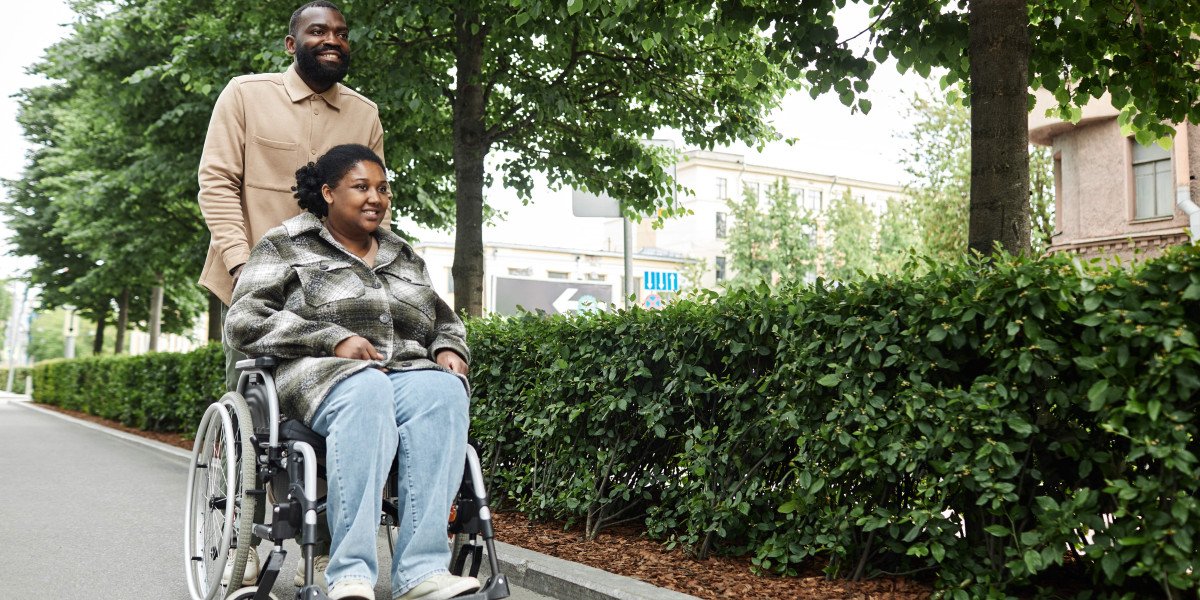Understanding Rollators for the Elderly: A Comprehensive Guide
As our enjoyed ones age, maintaining mobility and self-reliance ends up being an essential aspect of their lifestyle. Rollators, a kind of mobility aid specifically developed for the elderly, play a considerable function in assisting seniors preserve their self-reliance while guaranteeing their safety when walking. This post provides a comprehensive understanding of rollators, discussing their features, benefits, types, and crucial factors to consider for selecting the right one.
What is a Rollator?
A Rollator For Elderly - Charge-gateway.Com - is a wheeled walker equipped with a frame, handlebars, and wheels that make it possible for smoother and more steady motion for people having problem walking. Unlike conventional walkers, rollators come with 4 wheels and often include a seat, making it much easier for users to take breaks throughout their walks.
Key Features of Rollators
Rollators feature several crucial functions that provide convenience and safety for elderly users. Here's a table summing up some crucial features:
| Feature | Description |
|---|---|
| Wheels | Typically have 4 wheels for easy maneuverability |
| Brakes | Hand-operated brakes make it easy to stop the rollator |
| Seat | Lots of designs consist of a padded seat for resting on the go |
| Storage | Under-seat baskets or front bags to bring individual products |
| Height Adjustment | Deals with that can be height-adjusted for specific comfort |
| Foldability | A lot of rollators can be quickly folded for transport and storage |
Benefits of Using a Rollator
Rollators are created with the needs of the elderly in mind and come with many benefits:
- Increased Mobility: Rollators offer stability, permitting seniors to stroll more freely without the worry of falling.
- Improved Independence: With a rollator, older grownups can walk around their homes and areas more conveniently.
- Cushioned Seat: The addition of a seat allows users to rest whenever they feel tired.
- Storage Solutions: Rollators can hold bags or personal belongings, enabling users to transport items without extra effort.
- Safety Features: The brakes ensure that the rollator stays in place when needed, reducing the danger of unexpected slips.
Kinds of Rollators
Choosing the best rollator depends upon the person's specific requirements. Here are a number of types frequently discovered on the market:

- Standard Rollators: Usually equipped with four wheels, brakes, and a seat. Ideal for most users.
- Heavy-Duty Rollators: Designed for bigger and much heavier people, these models often support more weight and supply a broader seat.
- Three-Wheel Rollators: More compact and easier to navigate, ideal for indoor use or tight areas.
- Bariatric Rollators: Specifically created to support heavier weights and offer extra stability and comfort.
- Folding Rollators: Lightweight and easily foldable, best for travel or those with limited storage area.
Factors to Consider When Choosing a Rollator
Selecting the right rollator involves considering different essential elements:
- Weight Capacity: Ensure the rollator can support the weight of the user easily.
- Deal with Height: The height needs to be adjustable to avoid strain while utilizing the rollator.
- Weight of the Rollator: A lightweight rollator is easier for the user to handle.
- Storage Options: Look for rollators with adequate storage area for individual products.
- Surface Suitability: Consider whether the user will mainly use the rollator inside, outdoors, or on unequal surfaces.
Additional Features to Look For
- Reflective Materials: For improved visibility in low-light conditions.
- Comfort Grips: Ergonomic deals with to provide convenience during prolonged use.
- Tire Type: Soft tires are much better for indoor use, while hard tires can handle rough outdoor terrains.
Regularly Asked Questions (FAQs)
1. How do I know if a rollator is right for me or my liked one?
Evaluate the individual's mobility issues, their living environment, and their strength. Consulting with a doctor can also provide customized suggestions.
2. Can rollators be used outdoors?
Yes, numerous rollators are particularly designed for outdoor use and come with larger wheels for much better maneuverability on irregular surface areas.
3. How do I keep a rollator?
Regular cleaning of the frame, inspecting the brakes for functionality, and making sure wheels remain in excellent condition are important for maintenance.
4. Is it safe to use a rollator on stairs?
Rollators are not developed for use on stairs. Alternative stair climbing aids or support from caretakers ought to be considered.
5. What is the difference in between a rollator and a walker?
While both are mobility aids, rollators have wheels and are designed for improved mobility and stability, whereas walkers need users to lift them as they walk and generally do not have wheels.
Rollators significantly improve the quality of life for the elderly by promoting independence and safety in mobility. With various types, functions, and factors to consider, it is necessary for caregivers and family members to select the appropriate rollator for their liked ones. Purchasing a quality rollator can offer the elderly with the confidence to navigate their environments, continue enjoying their everyday activities, and restore a sense of self-reliance in their lives.








